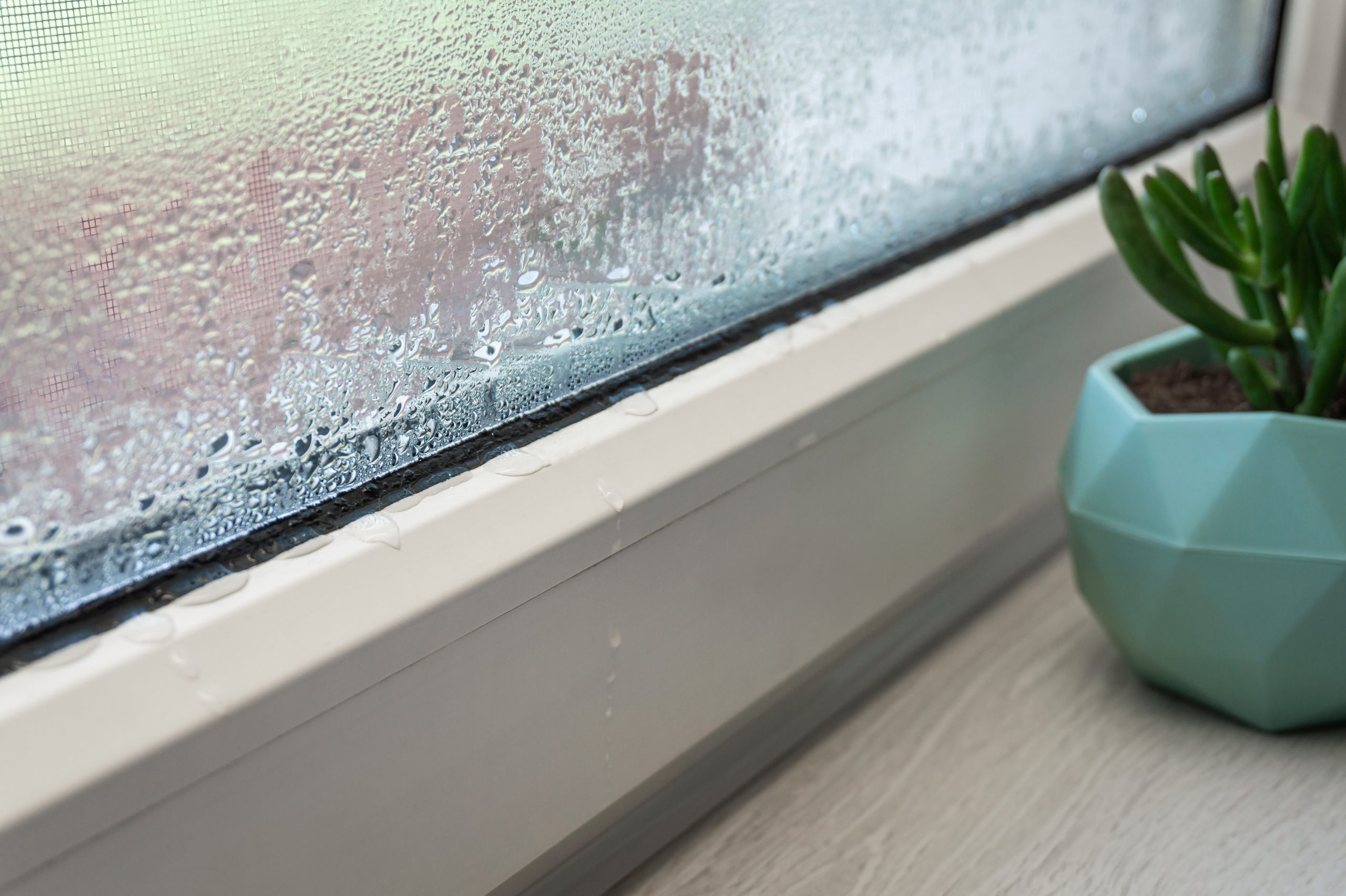
Quality You Can Trust
- Energy saving
- Free quotations
- After sales care
- 10-year guarantee
- Planning regulations
- Building regulations
- Product design
- Increased security
How can Nolan help you today?
Get in touch to arrange your free design appointment or visit one of our showrooms to see our range of products on display.
Book an AppointmentCondensation on windows is a common issue that many homeowners face, especially during the colder months. It can not only obscure your view but also cause damage to window frames, walls, and even contribute to mould growth if left unchecked. At Nolan, we understand how important it is to maintain a comfortable, healthy home, which is why we’re dedicated to helping you protect your windows from condensation.
In this article, we’ll explore why condensation occurs, the science behind double glazing, and how choosing quality uPVC or aluminium windows can make a real difference in managing moisture build-up in your home.
What Causes Condensation on Windows?
Condensation happens when warm, moist air inside your home encounters a cooler surface, such as a single glazed window. The temperature difference causes the moisture in the air to turn into water droplets on the glass. This is particularly common in kitchens, bathrooms, and other areas where steam or moisture is produced.
Your windows become a prime spot for condensation because glass is not a great insulator – it rapidly cools to the temperature outside, unlike walls that retain heat better. When the warm, humid air inside hits the cold glass, that’s when you get droplets forming on the inside of your window.
While condensation itself might seem harmless at first, over time it can lead to dampness, damage window frames, and encourage mould growth in your home. This is why tackling condensation effectively is essential for maintaining both your property and your family’s health.
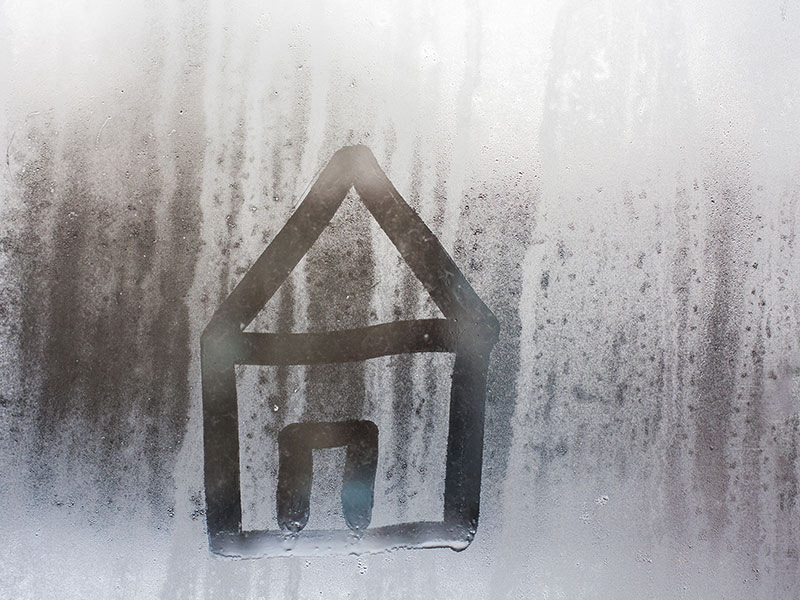
How Double Glazing Helps Prevent Condensation
One of the most effective ways to reduce window condensation is by upgrading to double glazed windows. Unlike single glazing, double glazing features two panes of glass separated by a spacer filled with insulating gas, usually argon.
This design creates an insulating barrier that dramatically reduces heat transfer. In simpler terms, double glazed windows keep the inner pane warmer during the winter months, meaning the glass is less likely to drop below the dew point—the temperature at which condensation forms.
Double glazing not only insulates better but also reduces noise pollution and helps improve your home's energy efficiency. By reducing the likelihood of condensation, double glazed windows protect your frames, prevent damp-related problems, and reduce your heating bills, making them a smart investment for any homeowner.
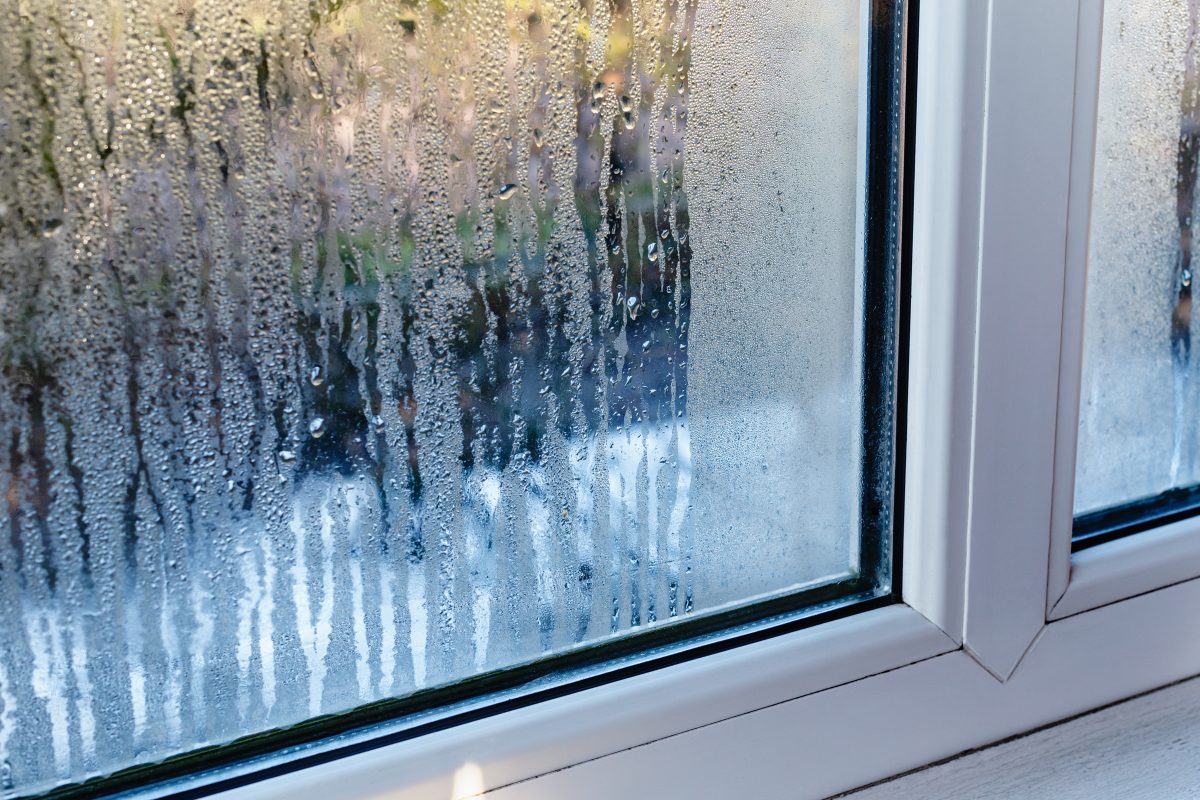
Why Choose uPVC and Aluminium Windows
When considering replacements for your windows, uPVC and aluminium windows are two excellent options, both available with high-quality double glazing. uPVC windows are praised for their durability, low maintenance, and excellent insulation properties. They don’t corrode, are weather-resistant, and offer superb thermal performance. This means uPVC double glazed windows are highly effective at retaining heat and preventing condensation build-up.
Aluminium windows, on the other hand, are known for their strength and sleek, modern look. Thanks to advances in technology, aluminium frames now come with thermal breaks/insulating barriers built into the frame that minimise heat transfer. When combined with double glazed glass, aluminium windows offer a stylish solution with enhanced insulation, helping you keep condensation at bay.
Both materials are available in a variety of styles and finishes to suit the character of your home. Whether you prefer the traditional look of uPVC or the contemporary appeal of aluminium, the key is to ensure your windows are fitted with efficient double glazing.
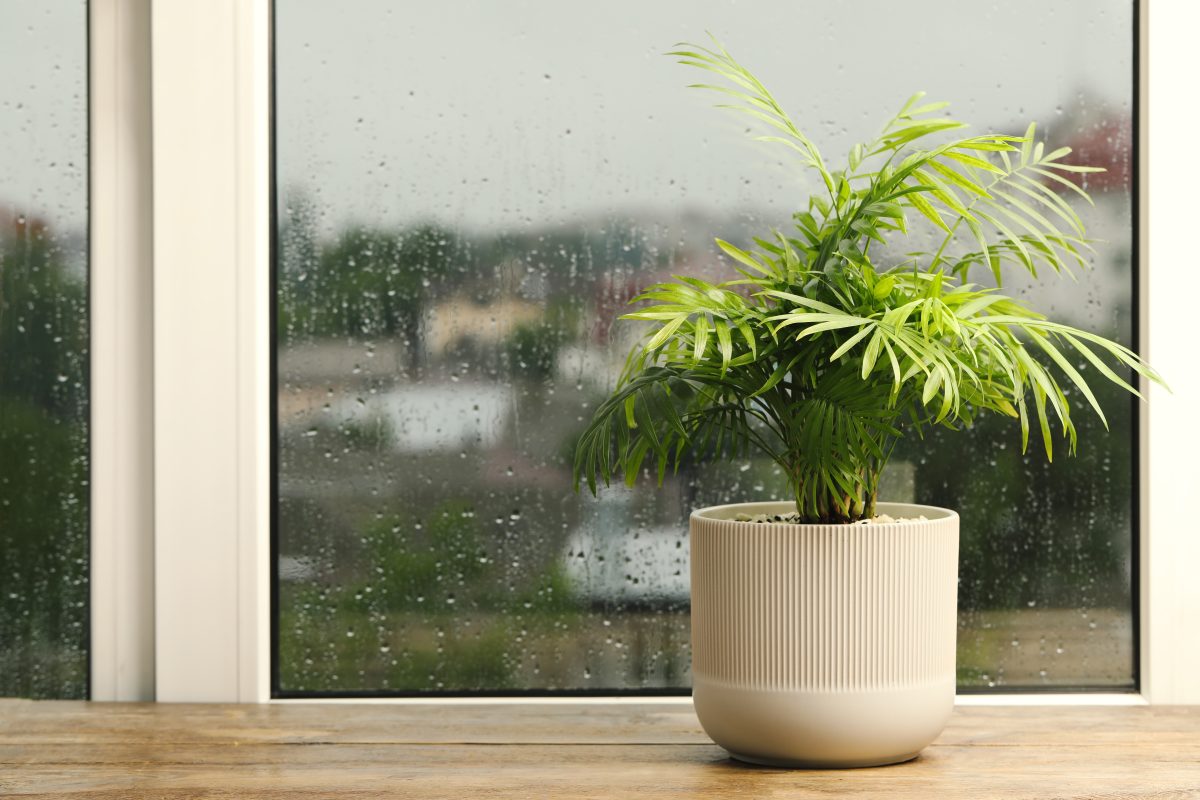
Additional Steps to Prevent Condensation
While upgrading to double glazed uPVC or aluminium windows will significantly reduce condensation, there are also other practical steps you can take inside your home. Improving ventilation, especially in moisture-prone areas, using extractor fans, and maintaining a consistent indoor temperature all make a big difference in managing humidity levels.
Regularly wiping away any condensation that does appear can prevent long-term damage, and ensuring your window seals are intact will help prevent cold air infiltration, which worsens condensation problems.
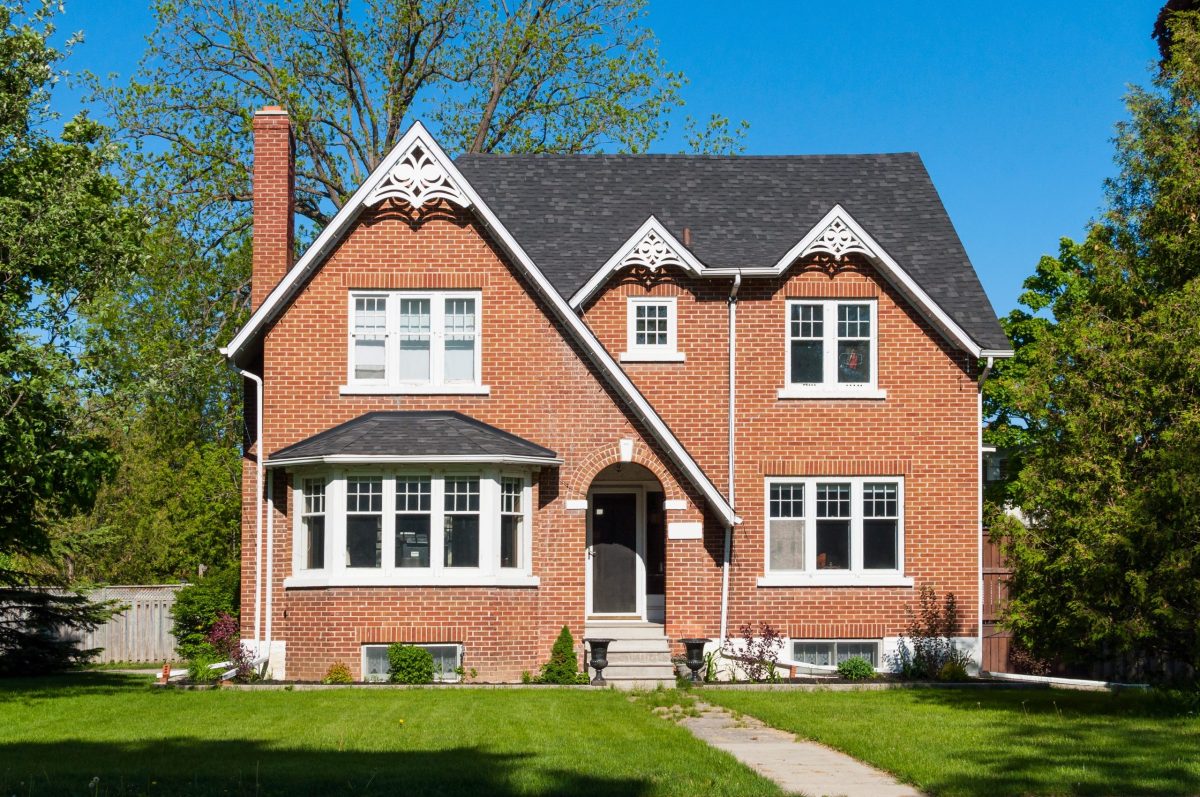
Trust Nolan for Quality Window Solutions
At Nolan, we specialise in providing top-quality double glazed windows in uPVC and aluminium frames, designed to keep your home warm, dry, and comfortable. With extensive experience and a commitment to exceptional service, we’re here to help you choose and install the best windows for your home’s needs.
If you’re struggling with condensation or simply want to improve your home’s insulation, get in touch with us today. Our friendly team is ready to offer expert advice, discuss your options, and provide a no-obligation quote tailored to your requirements.
Protect your windows from condensation and enjoy a warmer, more energy-efficient home. Whether you’re interested in uPVC windows or aluminium frames, Nolan has the perfect double glazing solution for you. Take the first step towards a condensation-free home today!
- How Much Do uPVC Windows Really Cost in 2026? - 2 February 2026
- Are Conservatories Worth the Investment in 2026? - 27 January 2026
- How Your Front Door Affects First Impressions (and Property Value) - 13 January 2026
